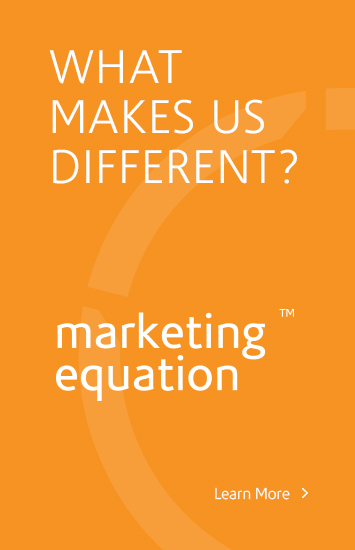Aug 18, 2011
IE6 was released in August 2001 but despite being nearly nine years old, it is still the most common problem that web designers have when building a website. Is it finally time to drop support for the browser that is almost an antique in technology years?

There’s a couple of reasons why people are still using IE6. The first is that people who bought PC’s and laptops until 2007 would have already had IE6 installed on their machine with Windows XP and as they don’t know any better will keep using it until they upgrade their PC which will presumably come with Windows 7 and IE8. The other set of people are employees of corporate companies who don’t have the opportunity to choose what software they use while they’re at work. These companies control the software on a network level and force their employees to use IE6, usually because they know that their internal applications will continue to work whereas there’s an element of risk in them using more modern browsers especially when their applications have been built without web standards in mind and in some cases predate IE6.
On the contrary, however some designers have argued that IE6 is such an old browser now that we should drop support for it and completely disregard any testing or bug fixing to ensure that IE6 users are actually able to use the website. These designers have taken the assumption that if the page doesn’t display correctly then they’ll automatically realize that they need to upgrade and will happily start using IE8, Firefox or Google Chrome. As most Web developers know, IE6 is a pain to support when it comes to making a website look and feel just as in the other major browsers (Firefox and IE7).
Apart from this, there are some more authentic reasons for ditching the IE6 for good. In 2006, a few months before Microsoft released their last major browser, PC World magazine ranked Internet Explorer 6 as the 8th worst tech product of all time, citing its terrible track record when it comes to security. Security is such a big issue for IE6, that it was reported that 95% of all bots use Internet Explorer 6 as their user-agent. The cause of concern is that the most blog spam comes from bots either fake or, as a trojan, use Internet Explorer 6 of infected systems. It therefore becomes ultimate for deciding to block IE6 completely to alleviate the blog spam problem. Of course, security isn’t the only reason web developers are sour on IE6. Internet Explorer 6 is also dismal when it comes to standards compliance. A third of the Internet is a lot of people to just leave behind, though. So support for IE6 continues at most web sites, especially large ones.
It is also pertinent to note that since March 1st 2010, Google no longer supports IE6 on its Google Docs and Google Sites services. IE users will have to upgrade to at least version 7 if they want to use those products. Another thing to note is that web developers should not be making their designs “compliant” for certain web browsers. It should be the other way around that the web browsers must be compliant to the HTML specifications. As a conclusion, many users don’t realise it but Internet Explorer is not the only way to access web pages. Internet Explorer is just one example of a categoryof software known as ‘web browsers’. Once upon a time Internet Explorer wasn’t even the most used browser – in fact it was far from it – but then Microsoft abused it’s monopoly position and distributed Internet Explorer with Windows killing off the competition.
Leading Browsers
- Firefox: from the Mozilla Foundation – probably the leading alternative to Microsoft due in part to its history (it is built on top of the browser that Microsoft buried with its anti-competitive practises) and partly because of the sheer volume of extensions (add-ons) available add new functionality to the Firefox web browser.
- Opera: a very slick browser indeed. Many of the features that you need to add to Firefox with external add-ons are just there in Opera – built-in and ready to use from the start.
- Safari – from Apple – the people who brought you the iPod and iTunes. many people will have ended up with this on their PCs thanks to Apple’s new Microsoft style sharp practices. Did you ever hear the saying about becoming the very thing you hate – that’s where Apple seem to be headed. Anyway – the browser is functional and would make a good alternative to Microsoft’s Internet Explorer.
- Google Chrome: Google has been on a “Lets Make The Web Faster” campaign and in response to that mission they decided to build their own browser with a big emphasis on speed.
For the love of all that is good – do us all a favour and stop using Internet Explorer 6. On your start menu you will find an entry called ‘Windows Update’. Or in Internet Explorer you will find the same ‘Windows Update’ listed on the ‘tools’ menu.
What we need to move us forward, however, is a bold move, not too much unlike the one Apple made in 2001 when it decided to forgo backwards compatibility when it released OS X. In order to save the Internet from IE6, perhaps we need to stop supporting it.


Honestly we should all do away with IE 7 and 8 as well. There’s good reason web developers call this browser internet exploder.
Agreed.